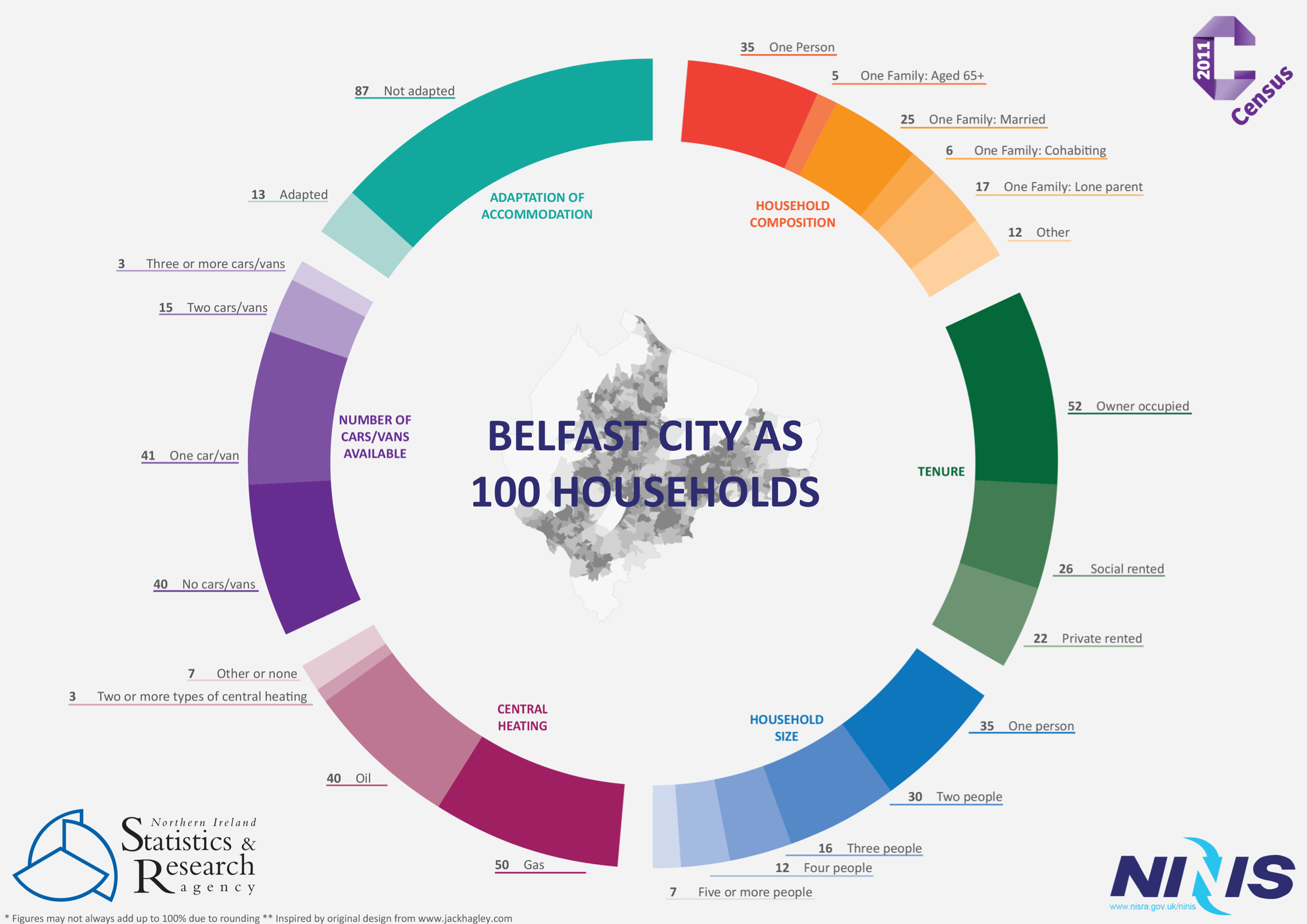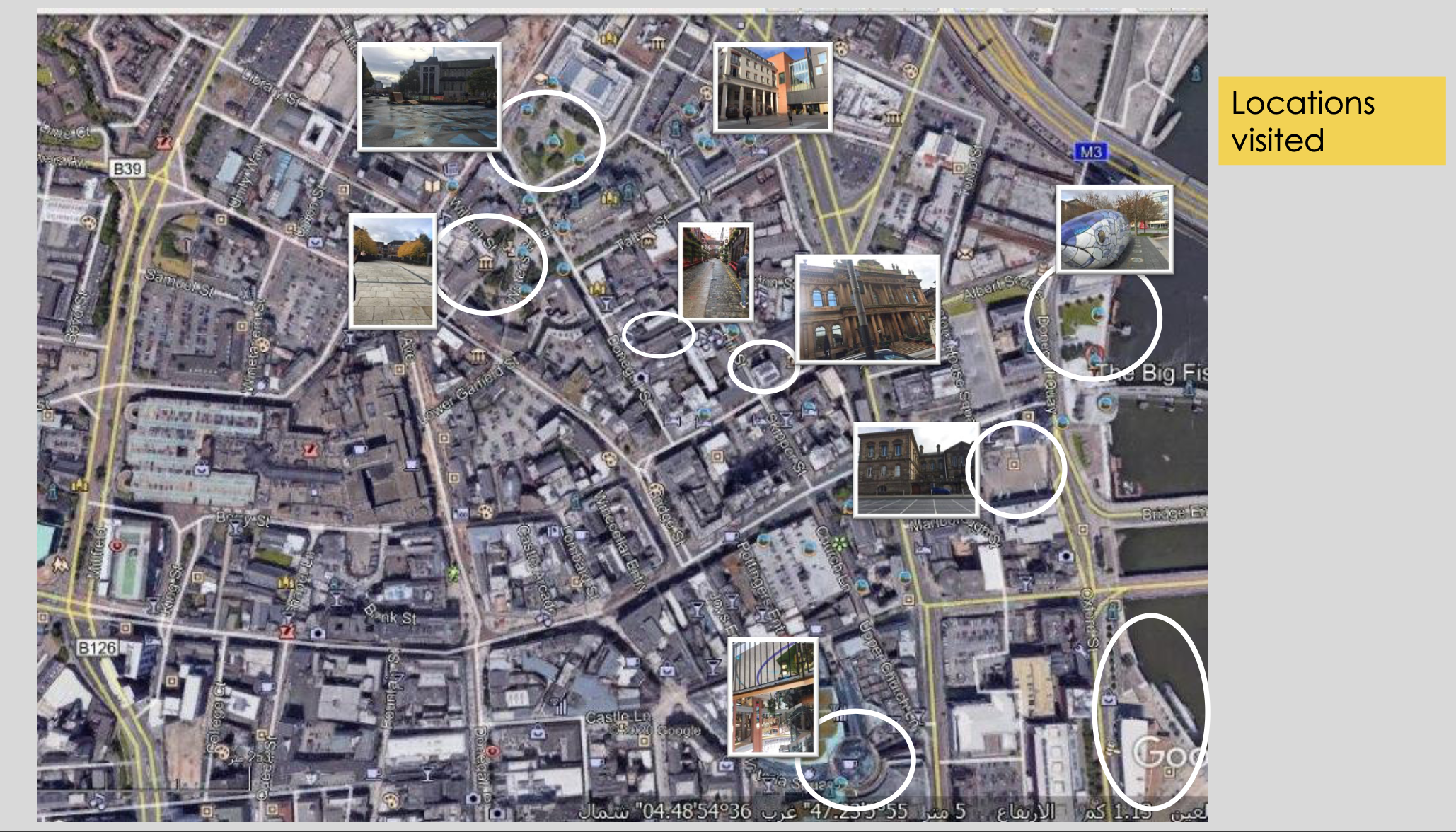Zen × Architecture
SuperStudio 5
Professor Aoífe Houlihan Wiberg, Professor of Architectural Design
Lisa Park, Teaching Fellow

ZER0 Belfast
Architects of Change: Integrating climate resiliency and zero emission design in architectural education and bridging the Green Agenda generation gap
Professor Raffaella Folli, Professor Aoife Houlihan Wiberg, Dr Jayanta Mondol
In response to our current climate emergency and urgent need to decarbonise the built environment, this studio theme investigates approaches to the integration of sustainability and strategies to decarbonise the built environment. Architectural education has tremendous potential to shift the entire industry towards zero carbon architecture and built environment. Architects play an important role particularly in the early design phase when he / she has the greatest opportunity to make design decisions that directly lead to a reduction in the GHG emissions. However, it is not easy for architects to easily understand and visualise how their design contributes to the overall GHG emissions for the built environment. This lack of fundamental knowledge is a result of the traditional lack of integration of sustainability in the mainstream architectural curriculum.
The studio will use an integrated research and teaching approach to facilitate the development of concepts and strategies for the design, planning, construction and management of climate resilient, net zero emission buildings and communities centred on our new Belfast campus, with strong interest in improving stakeholder engagement and improving the health and well-being of the citizens, users and neighbouring communities. Such an innovative, challenging, integrated sustainable teaching and research approach in studio will further enhance and build upon our existing vibrant cross-disciplinary community of knowledge, skills and research and encourage transfer of knowledge to the next generation of practitioners.
To achieve this, the studio is front loaded with research in the first month to arm the students with knowledge on concepts and strategies for smart cities and zero emission neighbourhoods by working in all-year groups on a chosen smart city and ZEN concept. During this phase, the students will be exposed to, and participate with researchers involved in ‘live’ research projects and activities, such as, The Research Centre for Zero Emission Neighbourhoods in Smart Cities (ZEN) in Norway, University of Limerick participation in the EU CityxChange project and Synikia — Sustainable Plus Energy Neighbourhood project. They will also be involved in partnerships with The Climate Commissioner Grainne Long, Belfast City Council; Nuala Dualcz, Greater Belfast Development; Future Campus projects and Belfast Resiliency Strategy with our Provost Raffaella Folli, as well as, knowledge sharing experiences with invited guest such as Mark Hackett who has done considerable work on the York Street interchange and Belfast Campus area.
In the second phase in the Fall semester, the students apply this knowledge gained to the proposed site at the new Belfast Campus and surrounding neighbourhood and communities. The objective being to develop concepts and strategies for a sustainable plus energy neighbourhood involving, and surrounding biomass plant, to feed into their proposed ZEN neighbourhood concepts which could developing energy synergies between the proposed PV system on the new Belfast campus with other RE technologies in the immediate surroundings. The students will develop a range of sustainable transformation strategies including citizen involvement and local communities.
In the spring semester, the students will develop the project at building level with a focus on the 10 Steps for ZEN including some life cycle analysis consideration and the use and reuse of materials, appropriate to the respective learning outcomes. The results of the project will deliver concepts and strategies for sustainable plus energy neighbourhood proposals to be integrated into the Belfast Future Campus project, as well as, providing input to potential policy change to shift to a low carbon built environment through partnership with Belfast City Council and senior leaders through the ‘Architects of Change — An Architectonics of Education to bridge the Green Agenda generation gap ‘.
STUDIO AIM
Through research led design, the studio theme investigates two approaches to bridge the gap between research and design in a mainstream architectural studio context:
to increase knowledge and skills to decarbonise the built environment
to improve the integration of sustainable and zero carbon concepts and strategies early and throughout the design process and the curriculum.
The first approach involves the development of concepts and strategies for a sustainable plus energy neighbourhoods in The Belfast Campus. The second approach includes an integrated research and teaching approach which enables students and educators to holistically integrate quantitative and qualitative assessments early in the decision-making process and improve stakeholder participation.
STUDIO RESEARCH STATEMENT
Research Content and Process
In response to our current climate emergency and urgent need to decarbonise the built environment, ZER0 Belfast investigates approaches to the integration of sustainability and strategies to decarbonise the built environment. Architectural education has tremendous potential to shift the entire industry towards zero carbon architecture and built environment. Architects play an important role particularly in the early design phase when he/she has the greatest opportunity to make design decisions that directly lead to a reduction in the GHG emissions. However, it is not easy for architects to easily understand and visualise how their design contributes to the overall GHG emissions for the built environment. This lack of fundamental knowledge is a result of the traditional lack of integration of sustainability in the mainstream architectural curriculum.
Description
Through The overarching aim of this research is research led design, the studio theme aims to investigate three approaches to bridge the gap between research and design in the context of a mainstream architectural studio:
How to increase knowledge and skills to decarbonise the built environment
How to apply this knowledge and these skills as a central design driver in their studio design projects
How to improve the integration of sustainable and zero carbon concepts and strategies early and throughout the design process and the curriculum.
Methods
The research method involves literature review in the field and research of the ZEB definitions, ambition levels and analysis of the design strategies employed in the selected Smart Cities projects and the ZEN pilot projects The Norwegian Research Centre for Zero Emission Neighbourhoods in Smart Cities (ZEN) and EU funded research projects such as CityxChange and Synikia. The students work individually in the first two tasks on a case study of their choice and in groups for the second two tasks. However, there is a primary emphasis placed on the gathering of evidence through core practice-based architectural fieldwork and the related tactics of observation, drawing and model-making. These are supplemented by site-based sketching and photography where feasible.
Finding, Disseminations and Outlook
The outputs from the studio will demonstrate knowledge transfer from live international research projects to improve knowledge building participation from mainstream architectural students and more easily integrate science-based knowledge on GHG emissions in the early design phase in the studio. The results of the project will deliver concepts and strategies for sustainable plus energy neighbourhood proposals to be integrated into the Belfast Future Campus project, as well as, providing input to potential policy change to shift to a low carbon built environment through partnership with Belfast City Council and senior leaders through the ‘Architects of Change - An Architectonics of Education to bridge the Green Agenda generation gap ‘.
For more information on this SuperStudio, please contact Aoífe Houlihan Wiberg















